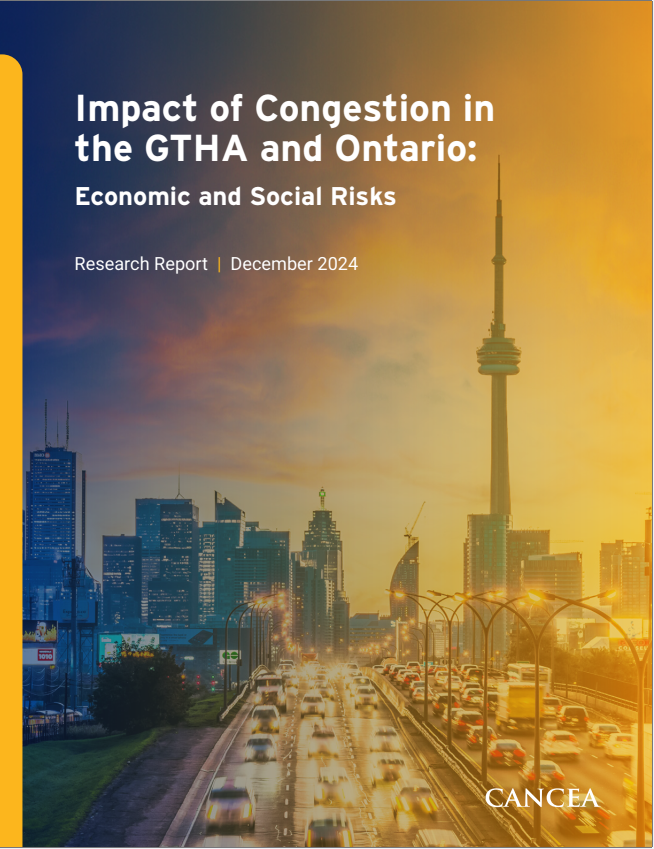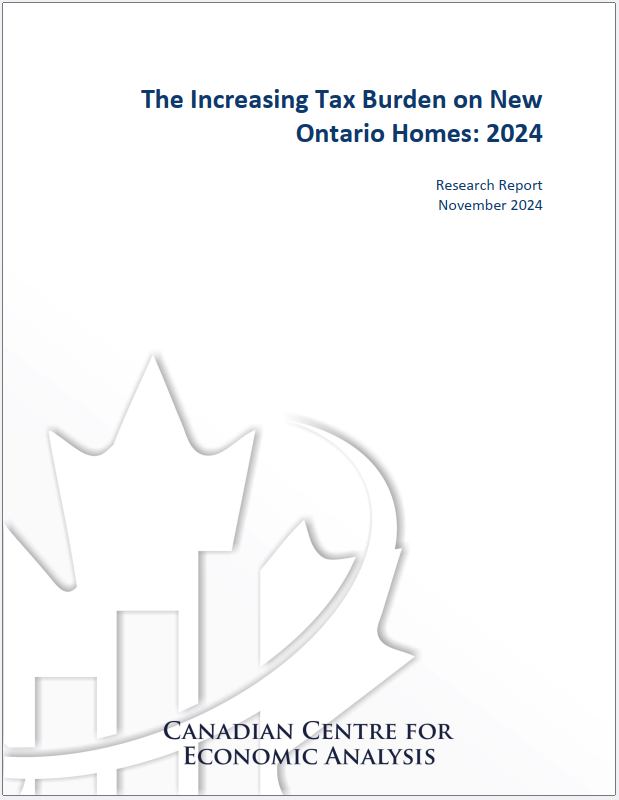The objective of the study was to estimate the potential health and economic benefits that may arise due to pharmaceutical interventions in a wide variety of illnesses.
The interventions identified the opportunity available to improve the health and economic prospects of Canadians if pharmaceuticals could:
• Increase smoking cessation rates;
• Improve pain management to reduce the level of disability and related health costs;
• Help people lose weight;
• Reduce secondary complications of type 1 diabetes;
• Delay the onset of dementia;
• Decrease the number of people with chronic obstructive pulmonary disease (COPD) exacerbations;
• Improve the disability of people with rheumatoid arthritis through increased use of biologics and DMARDs;
• Reduce the impact of mental illness through improved disease management and remission; and
• Provide vaccines for infectious disease more quickly after a disease is identified.
In order to gauge the impact of such interventions, baseline estimates of the health and economic burden of eight chronic diseases, or chronic disease groups, were calculated. The expert‐validated models included lung cancer, COPD, asthma, osteoarthritis, rheumatoid arthritis, type 1 diabetes, dementia and an aggregate group of eight major mental illnesses (mood disorders, anxiety disorders, schizophrenia, substance use disorders, cognitive impairment including dementia, conduct disorders, attention deficit hyperactivity disorder and oppositional defiant disorders). In addition, the potential health and economic impact of an influenza pandemic was estimated. The analysis then estimated the potential health and economic benefits of the interventions if pharmaceuticals had a low, moderate or high impact.











